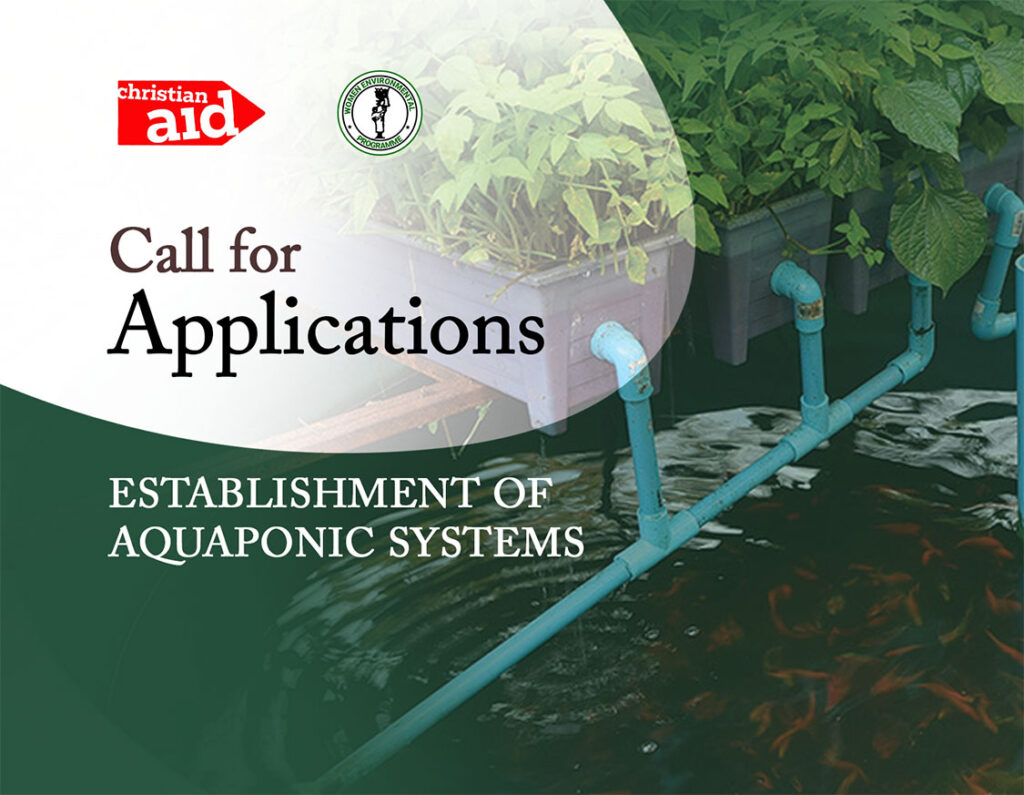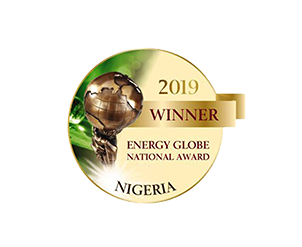
Call for Applications: Establishment of Aquaponics Systems for sustainable fish and vegetable Production for women’s groups in Kaduna, Benue and Nasarawa states
Christian Aid and Women Environmental Programme (WEP) hereby invite interested and experienced individuals and organizations to express interest for the establishment of aquaponic systems for sustainable fish and vegetable production for women’s groups in Kaduna, Benue and Nasarawa States. This activity is part of the Actions to Combat Climate Threats (ACCT) in Nigeria project.
BACKGROUND
The Actions to Combat Climate Threats (ACCT) in Nigeria project is part of Christian Aid’s Global Climate Change and Sustainable Energy Programme (CCASE) that has a goal of – Women and marginalised people facing the worst impacts of the climate crises are more resilient to existing and future climate shocks and have enhanced food security.
Women Environmental Programme (WEP) is Christian Aid’s partner on the ACCT in Nigeria project. The ACCT in Nigeria project is being implemented in Benue, Nasarawa and Kaduna States.
The project has the goal to achieve enhanced food security and livelihood for women and vulnerable populations affected by severe impacts of climate related shocks and stresses.
The objectives of the ACCT in Nigeria project are:
- To promote climate-smart agricultural practices among smallholder women farmers and other vulnerable groups in local communities by 2026.
- To improve access to clean and sustainable energy for women and other vulnerable groups in local communities by 2026.
- To build the capacity of women groups and civil society organizations to advocate for increased investment in climate change adaptation actions by relevant government agencies.
- To build a movement of climate justice advocates that project the voices of the vulnerable to ensure justice in national, regional and global climate actions.
TERMS OF REFERENCE FOR THE ESTABLISHMENT OF AQUAPONIC SYSTEMS
To contribute to achieving the project goal of enhanced food security and livelihood for women and vulnerable populations affected by severe impacts of climate related shocks and stresses, there is a need to establish aquaponic systems for the women’s groups formed into Village Savings and Loan Groups (VSLG).
Aquaponic system Design
The aquaponic system should be designed to integrate fish farming (tilapia and catfish) and vegetable/tomato cultivation in a symbiotic environment, to provide sustainable food production, income generation, and improvement of local nutrition.
- Fish Tanks: Two tanks, each with a capacity of 10,000 litters, suitable for tilapia and catfish farming.
- Grow Beds: Grow beds should be appropriate for tomatoes and vegetables, using nutrient-rich water from the fish tanks.
- Water Circulation System: Provide for 2 circulation systems. Pumps and piping or any relevant circulation system that will circulate water between the fish tanks and grow beds. Considering that there may be power challenge in the rural communities, the circulation system should be solar-powered if necessary or be designed in a way that it may not require pumps for circulation.
Expected Social, Economic, and Environmental Impact of the Aquaponic System
Social Impact:
- Job Creation: Direct employment for community members, particularly women and youth.
- Skill Development: Members of the Village Savings and Loans Associations (VSLA) will receive training on sustainable aquaponic farming techniques, improving long-term skills and community empowerment.
Economic Impact:
- Income Generation: The project should generate a sustainable income stream for VSLA members through fish and vegetable sales, improving their livelihoods.
- Increased Food Security: Local production of high-quality fish and vegetables should contribute to enhanced food security in the communities.
Environmental Impact:
- Resource Efficiency: The aquaponic system should be designed in a way that it uses significantly less water compared to traditional agriculture and requires no synthetic fertilizers.
- Sustainable Farming: By recycling fish waste as plant nutrients, the system promotes an eco-friendly agricultural model that reduces environmental impact.
NUMBER OF AQUAPONIC SYSTEMS TO BE SET UP
A total of 3 aquaponic systems are to be established in 3 communities across Benue, Nasarawa and Kaduna States.
SUBMISSION OF APPLICATIONS FROM INTERESTED INDIVIDUALS AND ORGANIZATIONS
Interested organizations and individuals should submit their applications:
- Highlighting their experiences of doing similar assignments
- Highlighting expected revenues per month, quarterly and yearly; net profit and expected return on investment.
- Stating the budget required to execute the assignment
Applications should be submitted to the following email: procurement@wepnigeria.net. The subject line of the email should be “Aquaponic System.”
The deadline for the submission of applications is 31st October 2024.
Only successful applicants will be contacted.


